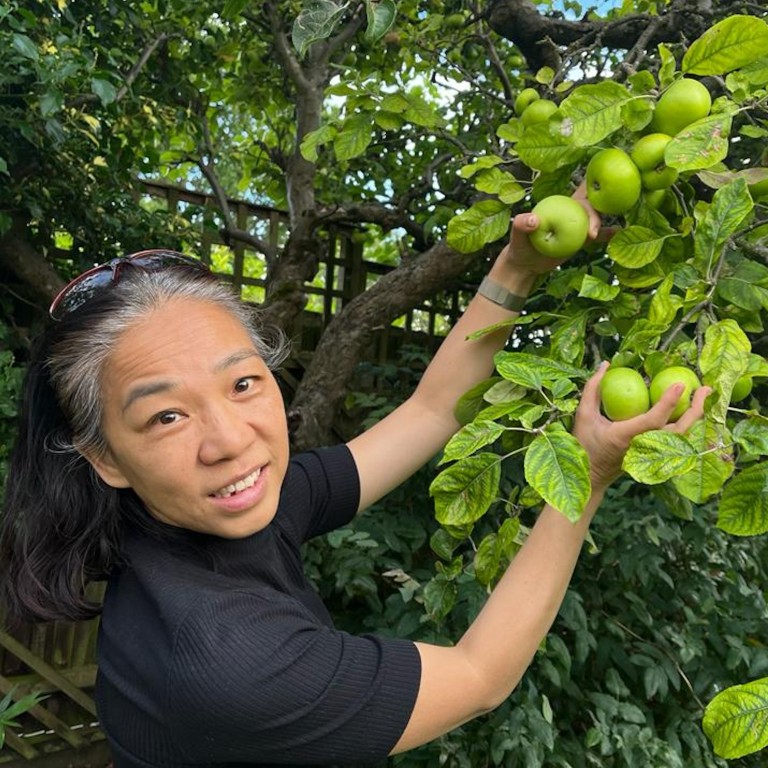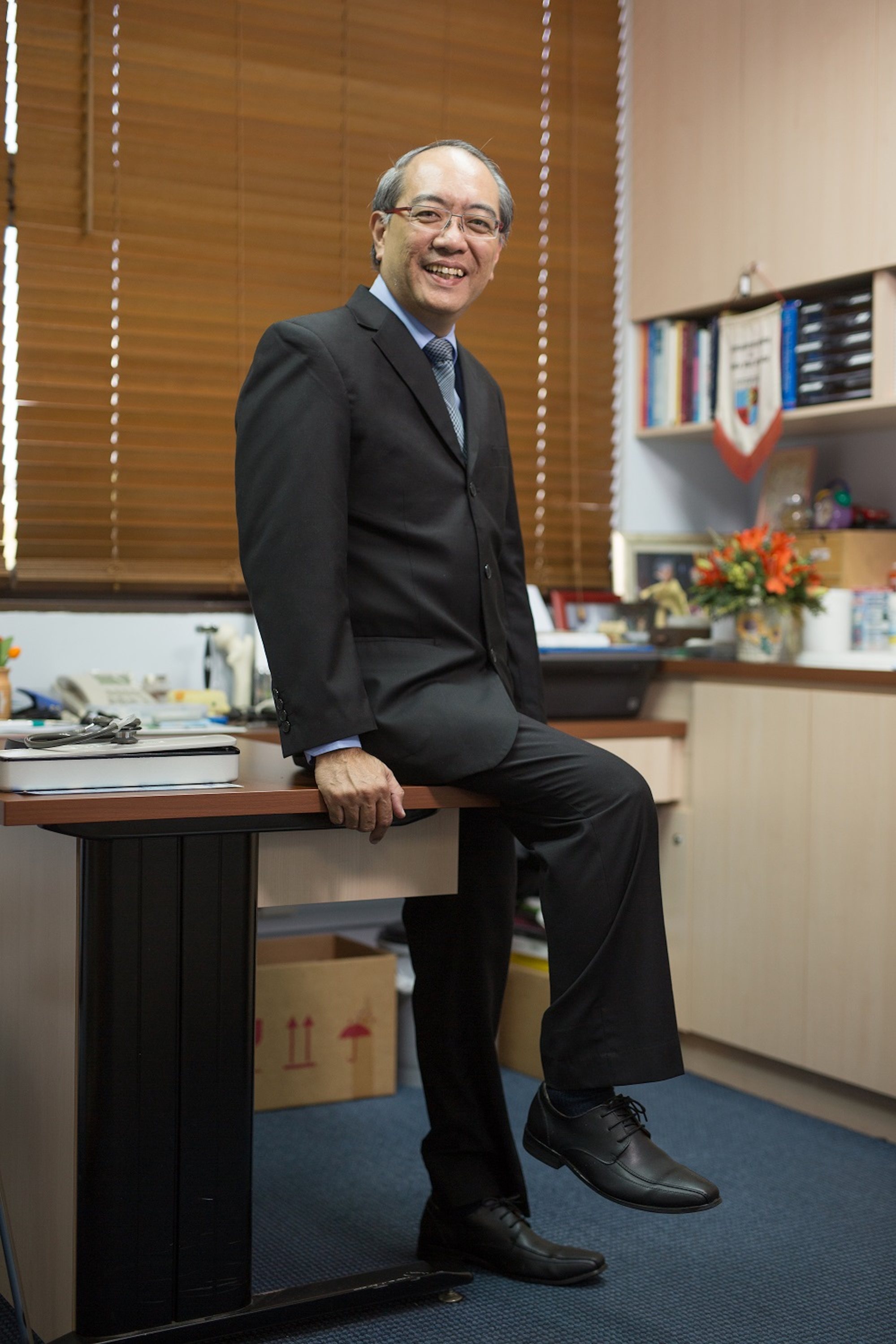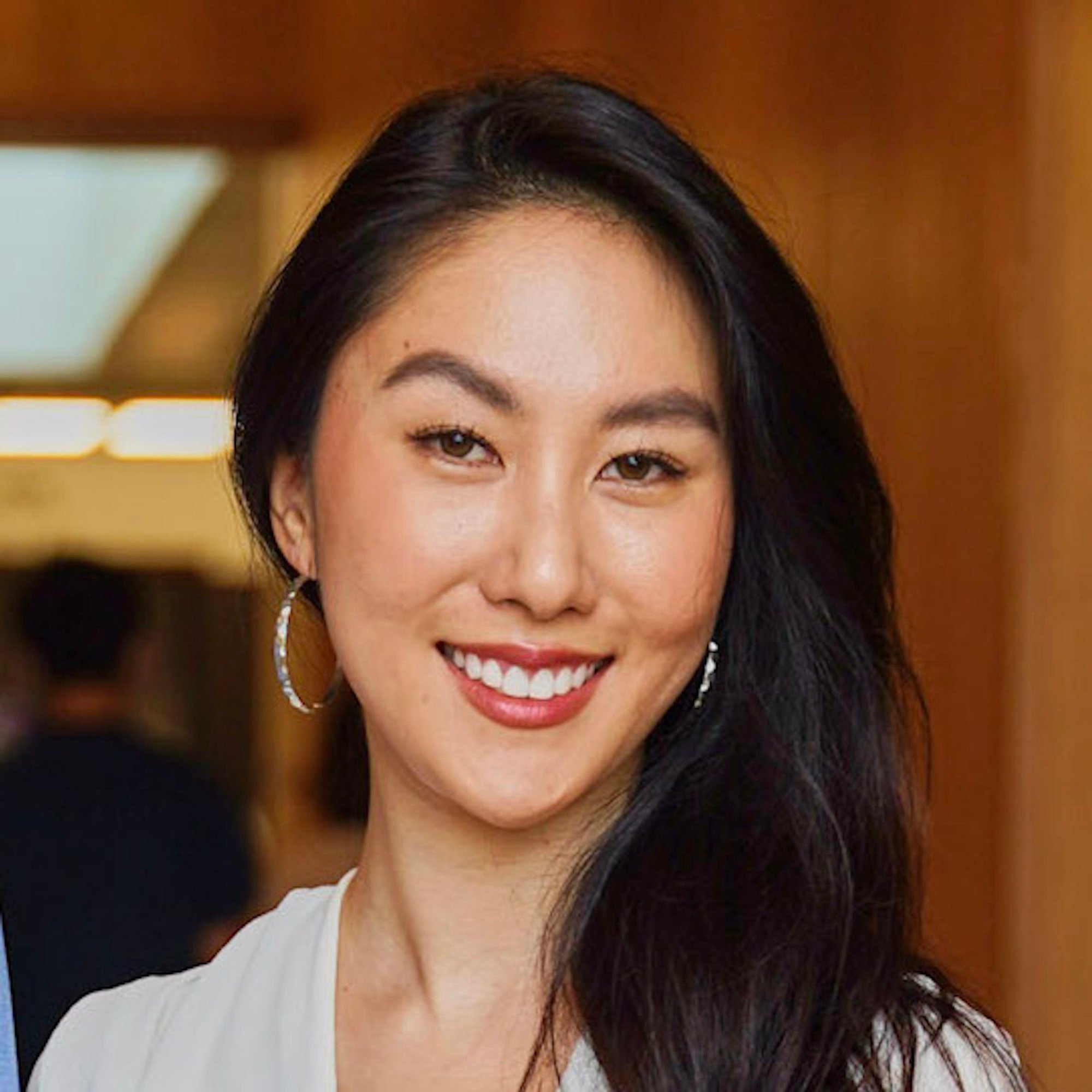
How to live a happy and purposeful life after retirement: plan early, take up new interests, meet new friends and spend time meaningfully
- Retirement is a huge life change that can affect mental health, even increasing our risk of anxiety and depression, so it is important to prepare for it
- Retired special-needs teacher Kitty Wong and geriatrician Dr Chan Kin Ming explain how to make the transition to retirement easier and more rewarding
Kitty Wong made the decision to retire a year ago, at the age of 54. After 33 years as a full-time special-needs teacher and trainer in Hong Kong, she was ready to embark on a new journey.
An avid traveller, she moved to London, England, to live abroad for a while and experience a different culture.
She has no regrets about saying goodbye to the job which brought her great joy and satisfaction for more than half her life.
“I prepared myself for retirement, so when the time came to leave, I wasn’t sad about it,” the mother of two says.
Aerial yoga at 75, Pilates and diving too – he’s ageing well
“I didn’t look at retirement as the end of the road; rather, it marked the beginning of a new chapter. I chose to travel to the UK alone, leaving my family behind in Hong Kong.
“Now, I have more freedom to move around as I please and to work on myself. Before moving, I discussed my plans with my family and they supported my decision.”

If Wong misses anything about her old job, it’s the connections she made with her students and colleagues. But she is much happier now.
“I continue to train students with special needs remotely, so you could say I’m semi-retired.”
Since being in London, she has made many new friends through a neighbourhood buddy programme.
“I’m also studying for a diploma and I work part-time at a supermarket and volunteer at a horse-riding school. It’s been an exciting and rewarding experience so far.”

Wong may be considered one of the lucky ones. While retirement can feel like a holiday at first, it can take a toll on a retiree’s mental health when reality kicks in.
According to Singapore-based geriatrician Dr Chan Kin Ming, this stage of life can feel scary and overwhelming for a number of reasons, For example, it may trigger feelings of hopelessness and uselessness, as well as fears about what lies ahead, and it may mean losing important social connections and no longer having meaningful activities to engage in.
“Some individuals of retirement age also experience health anxiety because they believe that frailty, sickness and disability are right around the corner,” Chan says.
‘Chase our dreams’: drama classes help retirees, cancer fighter thrive
“Additionally, they may feel insecure as they contemplate who will be around for them when they’re older. As their children start to leave home and more of their friends start passing away, they may also feel bored, isolated and lonely.”
But you can find meaning and purpose in this new phase of life. And even if you have no idea what to expect, it doesn’t mean you can’t prepare yourself for the transition.
Chan recommends planning your retirement as early as possible, to ensure you have enough money to retire comfortably and avoid financial insecurity in your later years.

It’s also important to prepare yourself physically, to remain active, he says.
Middle age is when many of us start to develop serious illnesses, so having regular health checks can gauge your risk of developing osteoporosis, cardiovascular disease, diabetes, and so on. The earlier such conditions are detected, the easier they are to manage or treat.
Preparation can also be social – Chan suggests starting a hobby, volunteering or joining an interest group to make friends and find new ways to spend your time.
It’s also a good idea to talk to retirees who are enjoying their retirement – and those who are not – to learn from their stories, Chan adds. Read books and attend talks about retirement, too, so you have an idea of what to expect.
Retired, not expired: she’s a model, he’s a volunteer – both feel fulfilled
“Most importantly, create a new daily routine for yourself, because when you wake up with nothing to look forward to and nothing to do, you may feel discouraged and depressed,” he says.
“Retirement is a great time to grow your knowledge, pick up new skills, and do the things you’ve always wanted to do but never had the time or money for.”
Meeting new people and trying new activities can bolster your self-esteem.
“Above all, work on your mindset. Rather than view leaving the workforce as a loss, see it as a chance to spend more time with your loved ones, travel, give back to your community, and discover yourself through new activities and friendships.”
It’s one thing to stay busy when you’re no longer working full-time, but you have to decide to live well and also know how to live well

“It’s one thing to stay busy when you’re no longer working full-time, but you have to decide to live well and also know how to live well, so that you can continue to thrive,” she says.
App helps in retirement transition
Neurum Health co-founder Megan Lam recognises that retirement is a significant life transition that can evoke challenging emotions.
Her company developed the mental health app Neurum, which uses artificial intelligence to provide personalised behavioural health recommendations.

The goal is to help users develop a healthy lifestyle, adapt to the emotional challenges of life changes such as retirement, and discover a life of joy and meaning.
“Neurum is effective at helping individuals transition into retirement with confidence and a renewed sense of purpose,” Lam says.
Mental health app helps companies support staff during pandemic
A randomised control trial showed that 68 per cent of users saw improvements in emotional distress within four weeks of use.

